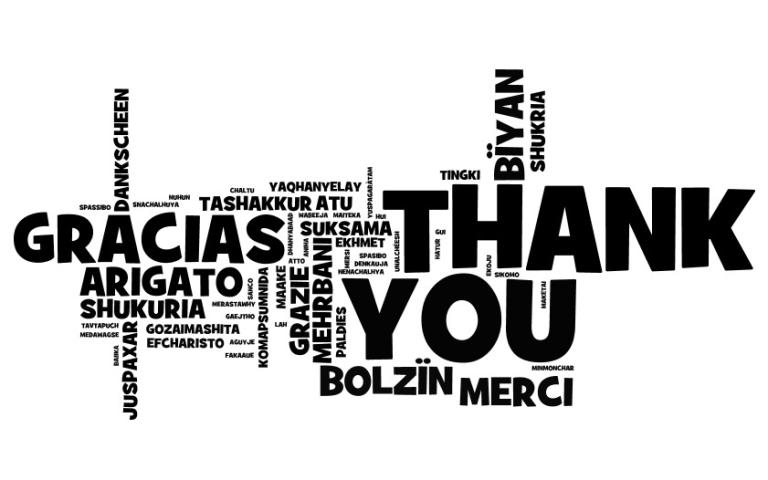Nick Bilton, bestselling author and New York Times technology specialist, has just written a new article on how digital communication is changing etiquette. “Digital Era Redefining Etiquette” begins:
Some people are so rude. Really, who sends an e-mail or text message that just says “Thank you”? Who leaves a voice mail message when you don’t answer, rather than texting you? Who asks for a fact easily found on Google?
Don’t these people realize that they’re wasting your time?
Of course, some people might think me the rude one for not appreciating life’s little courtesies. But many social norms just don’t make sense to people drowning in digital communication.

For example, Bilton quotes Baratunde Thurston, co-founder of Cultivated Wit, a comedic creative company:
“I have decreasing amounts of tolerance for unnecessary communication because it is a burden and a cost. . . . It’s almost too easy to not think before we express ourselves because expression is so cheap, yet it often costs the receiver more.”
Thus, from Bilton’s point of view, sending an email to say “Thank you” takes too much of the recipient’s time, and should be avoided. But, he recognizes generational differences when it comes to such things:
How to handle these differing standards? Easy: think of your audience. Some people, especially older ones, appreciate a thank-you message. Others, like me, want no reply. “It is important to think about who the relationship is with,” Mr. Senning said. (Daniel Post Senning is a great-great-grandson of Emily Post and a co-author of the 18th edition of “Emily Post’s Etiquette.”)
Bilton prefers a world without electronic thank you notes because they take up too much time. Let’s think about this for a moment. How long much time does it actually take to read a short “thank you” in an email or a text message? I’ve experimented with this and found that it takes about five seconds to register the electronic thanks, assuming a short note. Five seconds. Hmmmm. That’s seems like an awfully small investment on the part of the recipient. Of course, perhaps Bilton gets a hundred electronic thank you notes each day, which requires eight minutes and 20 seconds of his time.
As someone who is inundated with email and other forms of digital communication, I get Bilton’s point. But, perhaps because I’m from a different generation than Bilton’s, I still think there is something enriching about saying “thank you” and even “you’re welcome” electronically. I worry about the social impact of digitally-generated changes in etiquette. If you get used to not saying “thank you” electronically, won’t that spill over into your embodied life? Won’t it be easy to forget to thank the clerk or the janitor or the waiter?
Moreover, gratitude is an essential building block, both of a healthy culture and of a healthy soul. And feelings of gratitude often come in the act of giving thanks. Oh, I suppose if we stop saying “thank you” digitally we’ll all be able to get a little more done. But do we really want to live this way? Do we really want to live in a world we less gratitude?











